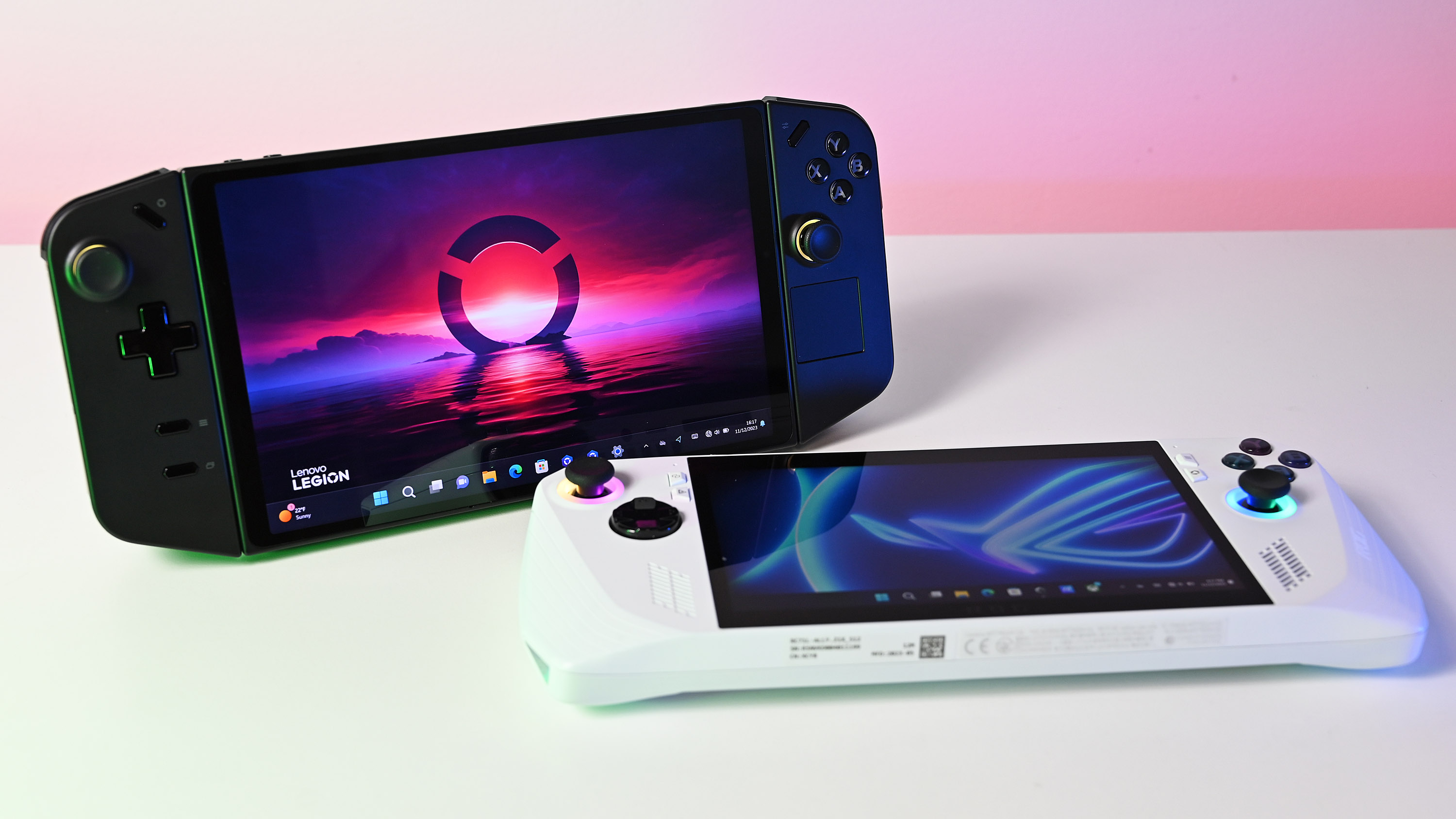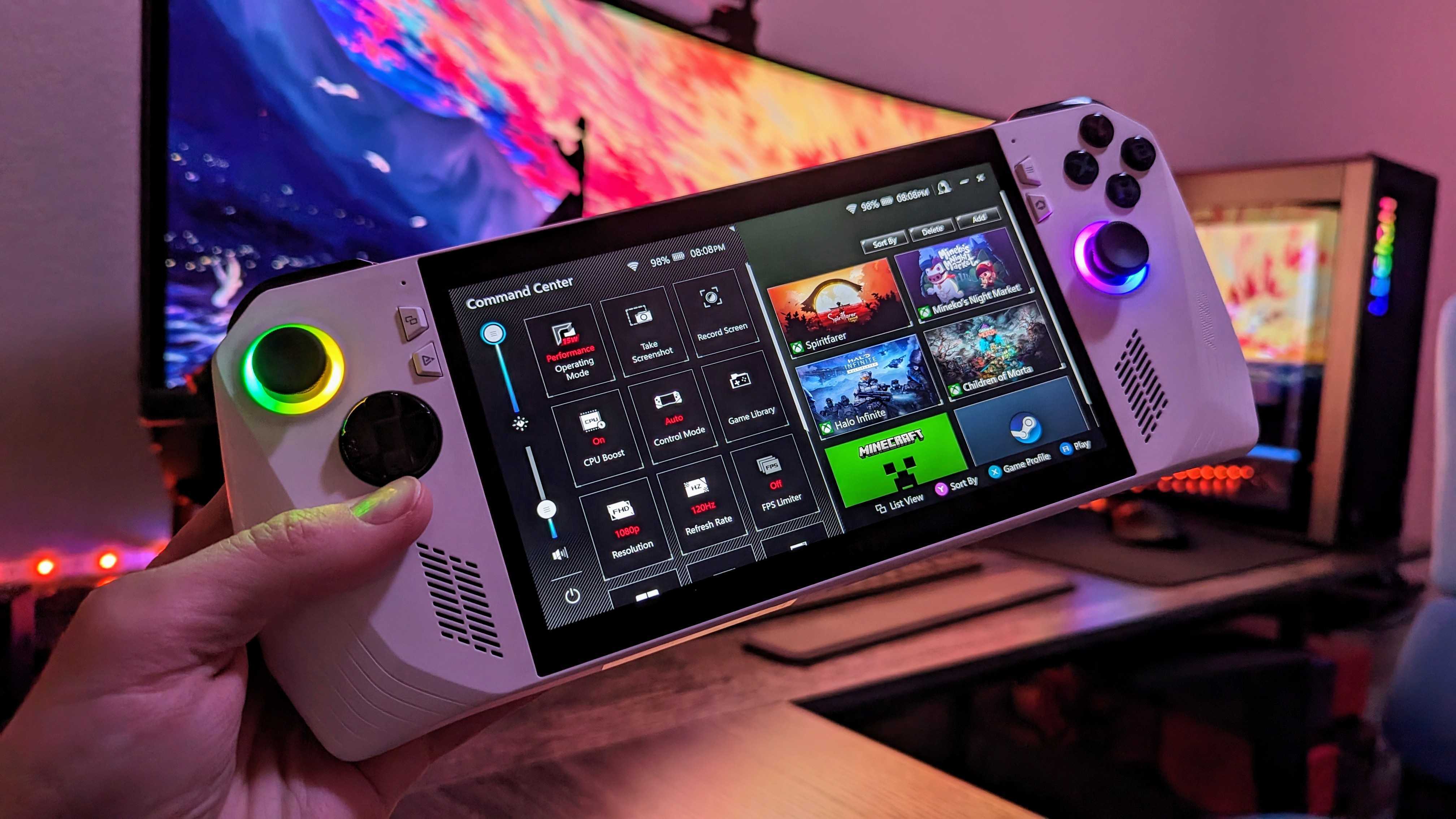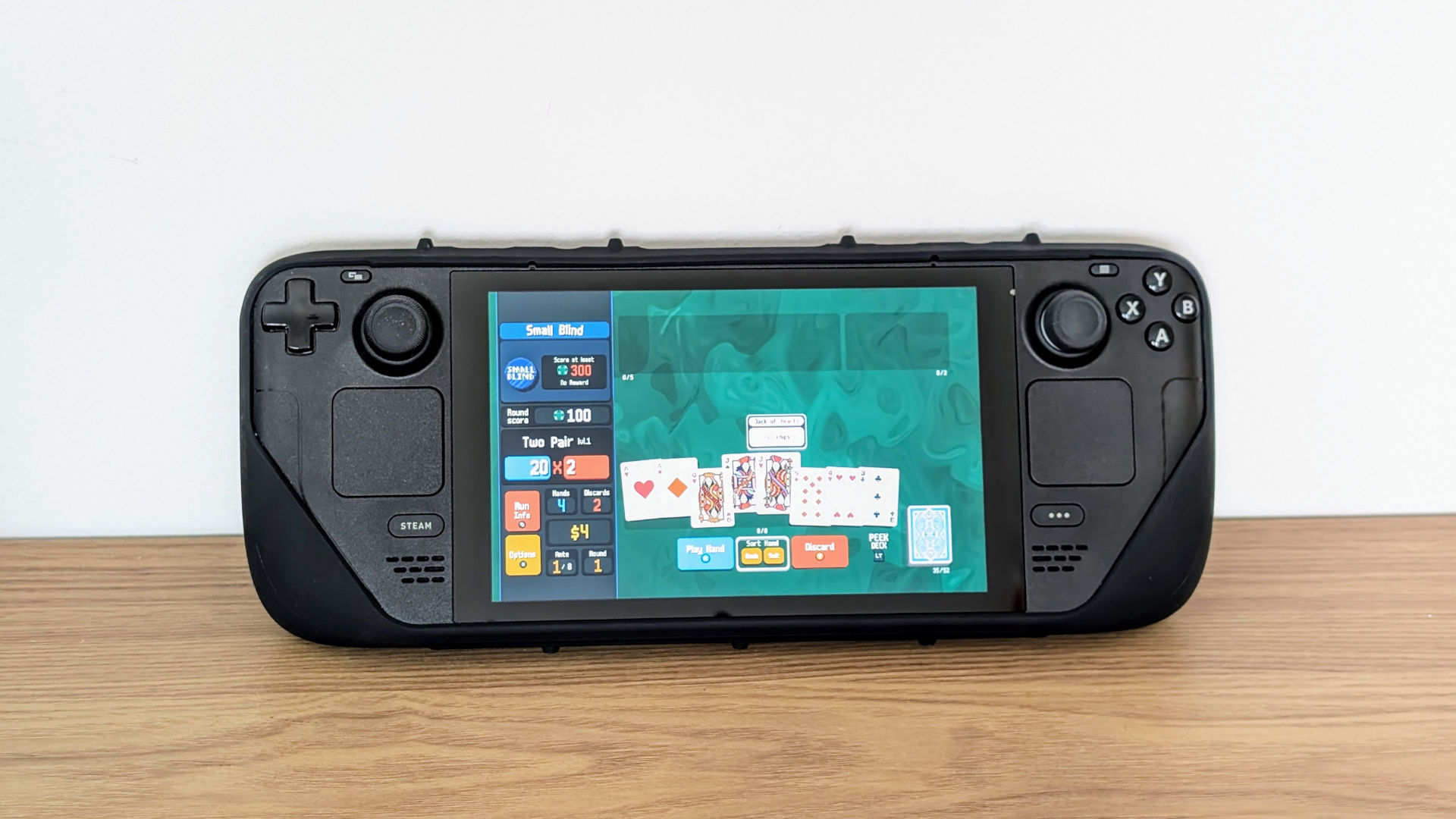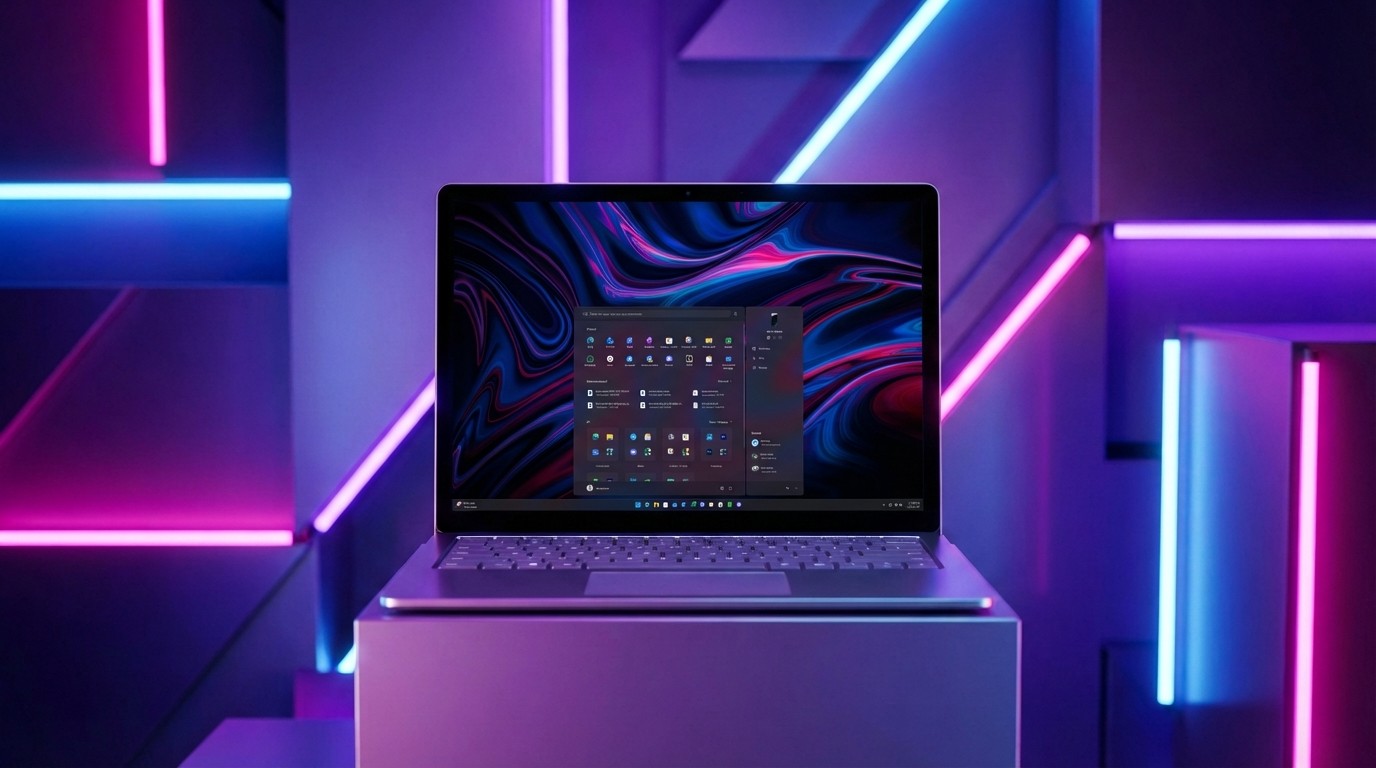AMD confirms Z2 Extreme chip, aims to boost PC gaming handheld battery life by over 300%
Z1E was a gamechanger, but Z2E sounds like it'll take PC gaming handhelds to the next level.

All the latest news, reviews, and guides for Windows and Xbox diehards.
You are now subscribed
Your newsletter sign-up was successful
What you need to know
- This week in Berlin was IFA 2024, showcasing a wide range of new consumer technology products.
- At the show, AMD confirmed the successor to its Z1 Extreme chip, which is powering devices like the Lenovo Legion Go and ASUS ROG Ally, revolutionizing PC gaming handhelds.
- The Z2 Extreme will be based on Strix Point, with AMD's Senior Vice President Jack Huynh reportedly suggesting it will boost high-end performance mode battery life from 45 minutes to 3 hours.
The Z1 Extreme has been a game changer for PC gaming handhelds. Used in devices like the Lenovo Legion Go and the ASUS ROG Ally, the Z1 Extreme from AMD was among the first SoCs to deliver modern console-like performance on a Nintendo Switch-style device.
The Lenovo Legion Go and ASUS ROG Ally are both great devices, both delivering a slightly different experience with divergent form factors. The main difference between the two boils down to detachable joysticks and a kickstand on the Lenovo Legion Go, complete with a bigger screen. The ASUS ROG Ally is lighter and has a variable refresh rate display, and often, a cheaper price point. What makes these devices near-identical is the performance offering, though, since both are using the Z1 Extreme from AMD.
RELATED: ASUS ROG Ally vs. Lenovo Legion Go: Which is better?
All the best PC gaming handhelds offer ways to limit the voltage, trading performance for battery life. However, if you push the Z1 Extreme to high performance mode, you're looking at a rapid battery drain scenario. Visually intensive games like Black Myth Wukong will easily take the ASUS ROG Ally from 100% to 0% in less than an hour, but AMD's Z1 Extreme successor aims to change that.
With a new 4nm process and RDNA 3.5 in tow, the Strix Point Z2 Extreme was just unveiled by AMD (via Digital Trends.) In a presentation behind closed doors at IFA 2024, AMD described how the new Z2 Extreme would be able to push high-end performance from 45 minutes to over 3 hours. AMD said it would unveil the Z2E in more detail early next year (possibly at CES 2025, maybe?).
Our sources have previously indicated to us that Lenovo is working on not one, but two next-generation Lenovo Legion Go devices. One to be based on Strix Point, presumably the Lenovo Legion Go 2, and one to be based on Hawk Point, which could potentially be the Lenovo Legion Go "S" cheaper model, although it's not entirely clear if the Go "S" will sport the Z1 Extreme, or go for something potentially even more affordable within the same generation. Perhaps we're getting the Go "S" earlier than the true next-gen Z2 range. It's unclear as of writing. What is clear is that Lenovo is all-in with this new and exciting category.
ASUS released the ROG Ally X this summer, and opted to boost battery life by simply adding in a bigger battery at the cost of added bulk. If the hints from AMD are correct, we should be able to get much more juice out of the next-generation of Z2 Extreme PC gaming handhelds. Another feature of Strix Point, however, is AI features. Our sources have indicated to us that frame generation for example is going to be a cornerstone feature of not only next-generation PC gaming handhelds, but even consoles, like the Xbox Series X|S successor and PlayStation 6. We've also heard that the long-rumored and hotly anticipated Nintendo Switch 2 will sport some sort of frame generation technology as well. Applications like Lossless Scaling on Steam have been popular on devices like the ASUS ROG Ally, boosting performance in games that push the Z1 Extreme to its limit. I've been using it with Black Myth Wukong to great effect recently, although the trade off sometimes can be input delay.
All the latest news, reviews, and guides for Windows and Xbox diehards.
Windows is the best and worst thing about PC gaming handhelds right now
Thanks to Windows, devices like the ASUS ROG Ally and Lenovo Legion Go come with thousands upon thousands of games and applications, available from a wide variety of services and stores. Rock PC Game Pass, Epic Game Store, Steam, Riot client, Battle.net, and beyond. Play basically anything, hook up any peripheral — full fat Windows 11 is great, until it isn't, that is.
Windows 11 is undeniably a chore to use on these types of devices. It simply isn't designed for 7-8" displays, and certainly isn't designed for touch controls. Things have been gradually improving, though. Microsoft debuted a new compact mode for the Xbox app recently, and has even worked on a more console-like version of its Xbox Game Bar. It's still not exactly an ideal experience, though, as third-party devices still need to rely on their own solutions to add certain features, like TDP control, and their offerings can overlap with Microsoft's.
The Steam Deck might be less powerful than the Windows-based PC gaming handhelds, but it is by far the most user-friendly. It still retains the power of a full OS, allowing you to connect all types of peripherals and exit out into Linux to side-load other launchers and stuff. But the SteamOS layer is incredibly intuitive and fully functional with gamepad controls. No fiddly Windows dialogue boxes to deal with, no User Account Control security pop ups, no weird idiosyncrasies with resolution scaling and incompatible inputs — it all just works. And I'd say it's a bigger threat to Windows itself than Microsoft perhaps gives it credit for right now.
In any case, competition will hopefully give Microsoft increased impetus to improve things on their end where possible. It could be solved really easily if they just released their own Z2 or Z3 Extreme Xbox handheld ... though. The future of this category will be very interesting indeed.

Jez Corden is the Executive Editor at Windows Central, focusing primarily on all things Xbox and gaming. Jez is known for breaking exclusive news and analysis as relates to the Microsoft ecosystem — while being powered by tea. Follow on X.com/JezCorden and tune in to the XB2 Podcast, all about, you guessed it, Xbox!


